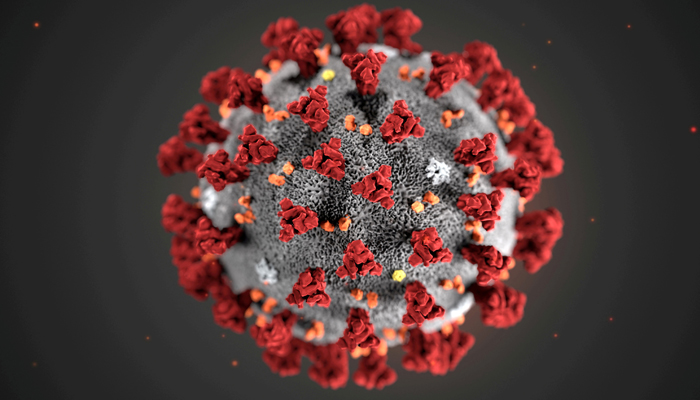90% of Punjab's cases in last 3 months belonged to UK virus variant: sources
The province has not recorded Brazilian or South African variants, sources from the health department say
May 01, 2021

- Health department sources say 90% cases in last three months were of UK variant, and 10% were of Wuhan variant.
- More than 80,000 cases have been recorded in the last three months, sources say.
- The province has not recorded Brazilian or South African variants, they say.
Ninety percent of the coronavirus cases detected in Punjab over the last three months have been of the UK variant of COVID-19, sources in the province's health department told Geo News on Saturday.
The health department's figures show in February, 13,800 cases were reported, in March, 36,600 infections were detected, and in April, 34,400 cases were registered — taking the positive cases past 80,000.
The sources said 90% of the cases in the last three months were of the UK variant, and 10% were of the Wuhan variant. They said that the province has not detected the presence of Brazilian or South African variants.
South African, Brazilian variants
Earlier in the day, the Ministry of National Health Services, Regulations, and Coordination said the South African and Brazilian variants of coronavirus had been detected in the country, urging people to continue taking precautions and register for a vaccine.
It said that the health authorities and the National Command and Operation Centre are regularly monitoring COVID-19 variants of concern.
“As a result of this proactive effort, one sample of the SARS-COV-2; B.1.351 ("South African" variant) and one sample of SARS-COV-2; P1 ("Brazil") variant have been detected at the National Institute of Health through genome sequencing.”
According to officials of the National Institute of Health, the B.1.351 variant was detected in a sample taken from a man belonging to Mianwali while the P1 virus was identified from a person whose test was conducted at Islamabad’s Poly Clinic.
The NIH officials maintained that these strains spread at a fast pace and it is premature to say anything about the vaccine efficacy against these variants.
“The authorities are actively engaged in contact tracing of these positive cases,” the ministry added.
Regardless of which variants have been detected, the SOPs recommended globally continue to be our first line of defence against the coronavirus, it added.
“Please ensure that you wear a mask, practise social distancing, and do not leave your home unnecessarily.”











